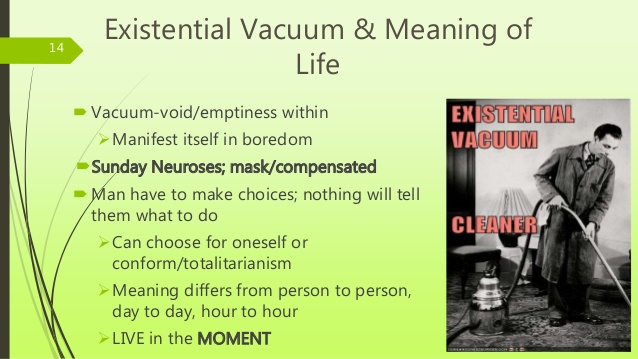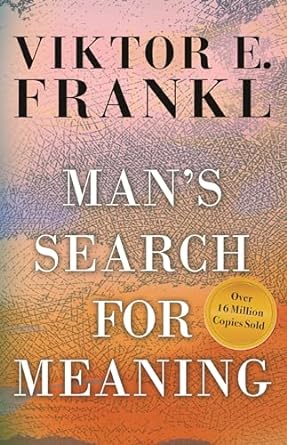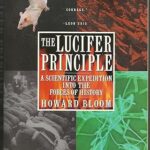After going through the book it’s obvious that the people (I call them ‘success junkies’) preaching about it have not read it and are just parroting what they’ve heard from others. The therapy can get complicated and has other references to papers and books to read to know more. The author himself says that trying to convey 20 volumes in German into a nutshell was an ‘almost hopeless task’. I have tried to explain what I understood from it with infographics and videos to crack the nutshell.
Notes:
– Book is divided into 2 parts as the contents show.
– He noticed how humans can survive cold conditions further and you’d think.
Yes, a man can get used to anything, but do not ask us how – Dostoevski
– He found out that getting a shave as soon as possible in the camp would make one look younger and less likely to be singled out for death by the Nazis.
#ads
– It is important to keep hope for future in mind for anyone who does not have this is hopeless (gives examples of how people lost their lives when they suddenly lost hope).
He who has a WHY to live for can bear almost any HOW – Nietzsche
– Sometimes the solution is action, sometimes contemplation, sometimes accepting the fact that you need to suffer through it.
– “logotherapy, in comparison with psychoanalysis, is a method less retrospective and less introspective. Logotherapy focuses rather on the future, that is to say, on the meanings to be fulfilled by the patient in his future.” Excerpt From: Frankl, Viktor. “Man’s Search for Meaning.” (Paras note: The whole of part 2 is written like this.)
– The author uses a lot of expensive words or words he has created for his therapy.

Meaning of life in Logotherapy in 3 different ways:
1) by creating a work or doing a deed – the way of achievement and accomplishment.
2) by experiencing something or encountering someone – goodness, truth, beauty, nature, culture, experiencing another human being by loving them.
3) by the attitude we take toward unavoidable suffering – and most important when even a hopeless person faced a challenge and completes a feat, will rise above and beyond himself and thus change themselves.
In some ways suffering ceases to be suffering at the moment it finds meaning, such as the meaning of a sacrifice – Viktor Frankl
– Find meaning in suffering like when a man lost his wife any realised that if it was the other way round the wife would not be able to handle it, so his suffering turned into a sacrifice to save her suffering.
– In the US the incurable sufferer is given very little opportunity to be proud of his suffering and to consider it ennobling rather than degrading, he is not only unhappy, but also ashamed of being unhappy. Life’s meaning also includes unavoidable suffering.
– Frankl has words like Super-meaning which is forever beyond our grasp as finite humans.
#ads
– Excessive intention, or “hyper-intention” can be observed particularly in cases of sexual neurosis. The more a man tries to demonstrate his sexual potency or a woman her ability to experience orgasm, the less they are able to succeed. Pleasure is, and must remain, a side-effect or by-product, and is destroyed and spoiled to the degree to which it is made a goal in itself. In addition to excessive intention, excessive attention, or “hyper-reflection,” as it is called in logotherapy, may also be pathogenic (that is, lead to sickness). Another e.g. is the person scared of blushing in public with blush in public.
The fear is mother of the event
– Paradoxical intention: If you are scared of sweating in front of others change the thought to you want to sweat more than ever. When you can’t sleep tell yourself you want to stay awake as long as possible.
Try to force your fears to come true to make them go away
– The collective neurosis: mass neurosis can be seen as a form of nihilism.
Tragic Triad of Logotherapy:
1) Pain. Have the know-how to suffer and know how to suffer.
2) Guilt. You are responsible for overcoming guilt by rising above it, by growing beyond yourselves, by changing for the better.
3) Death. Live as if you were living already for the second time and as if you had acted the first time as wrongly as you are about to act now! This way the patient can imagine first that the present is past and, second, that the past may yet be changed and amended.
Tragic optimism: Optimism in the face of tragedy allows for:
1) Turning suffering into a human achievement and accomplishment.
2) Deriving from guilt the opportunity to change oneself for the better.
3) Deriving from life’s transitoriness an incentive to take responsible action.
The Existential Vacuum:
1) Depression – traced back to the feeling of meaninglessness.
2) Aggression – can be transformed into meaning e.g. scouts feeling aggression between each group united for a greater cause.
3) Addiction – once again traced back to the feeling of meaninglessness.
All we can do is study the lives of people who seem to have found their answers to the questions of what ultimately human life is about as against those who have not – Charlotte Bühler
Contents
Foreword: Harold S. Kushner
Preface to the 1992 Edition
Part I – Experiences in a Concentration Camp
Part II – Logotherapy in a Nutshell
Postscript: A case for a Tragic Optimist
Foreword: William J. Winslade
#ads





